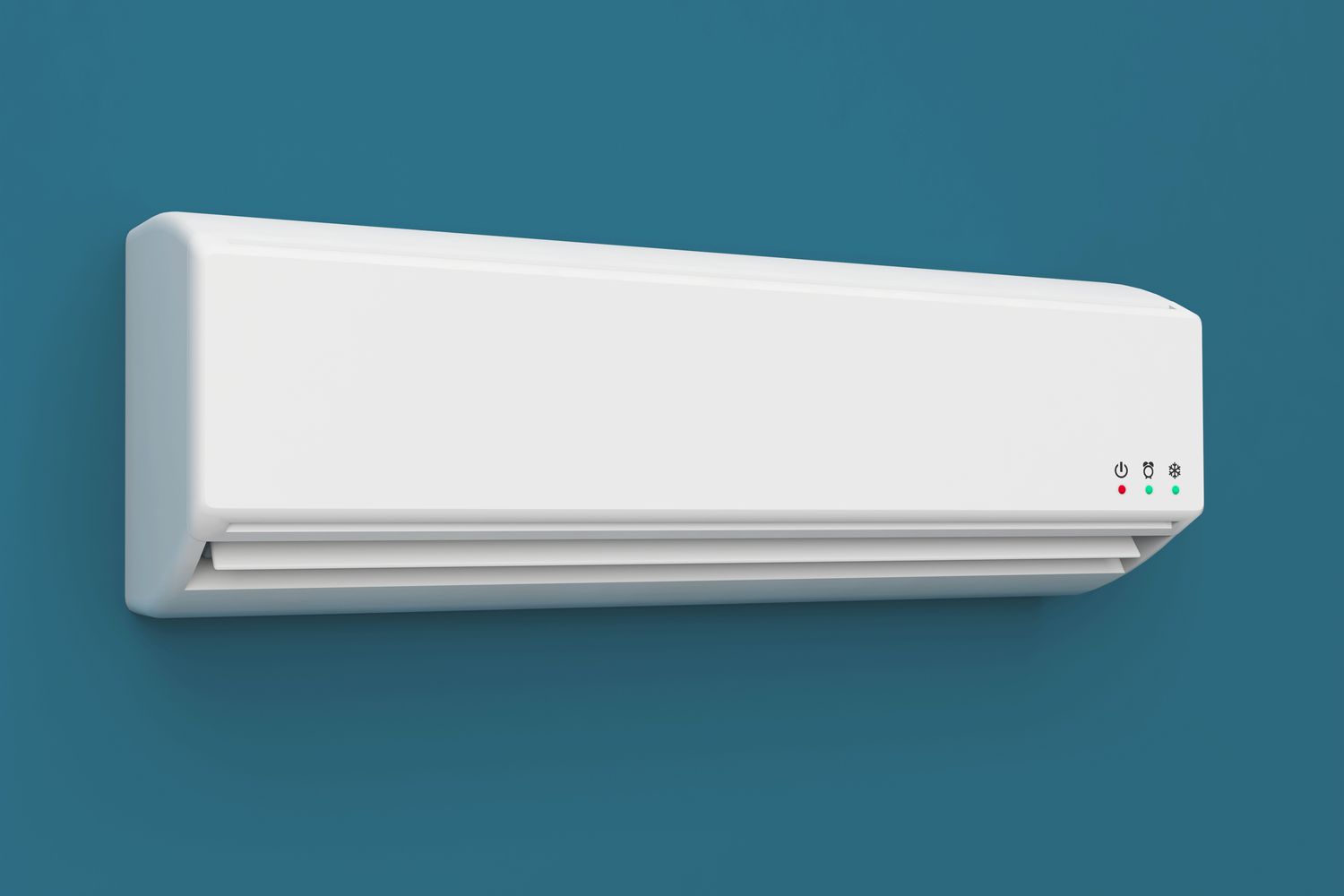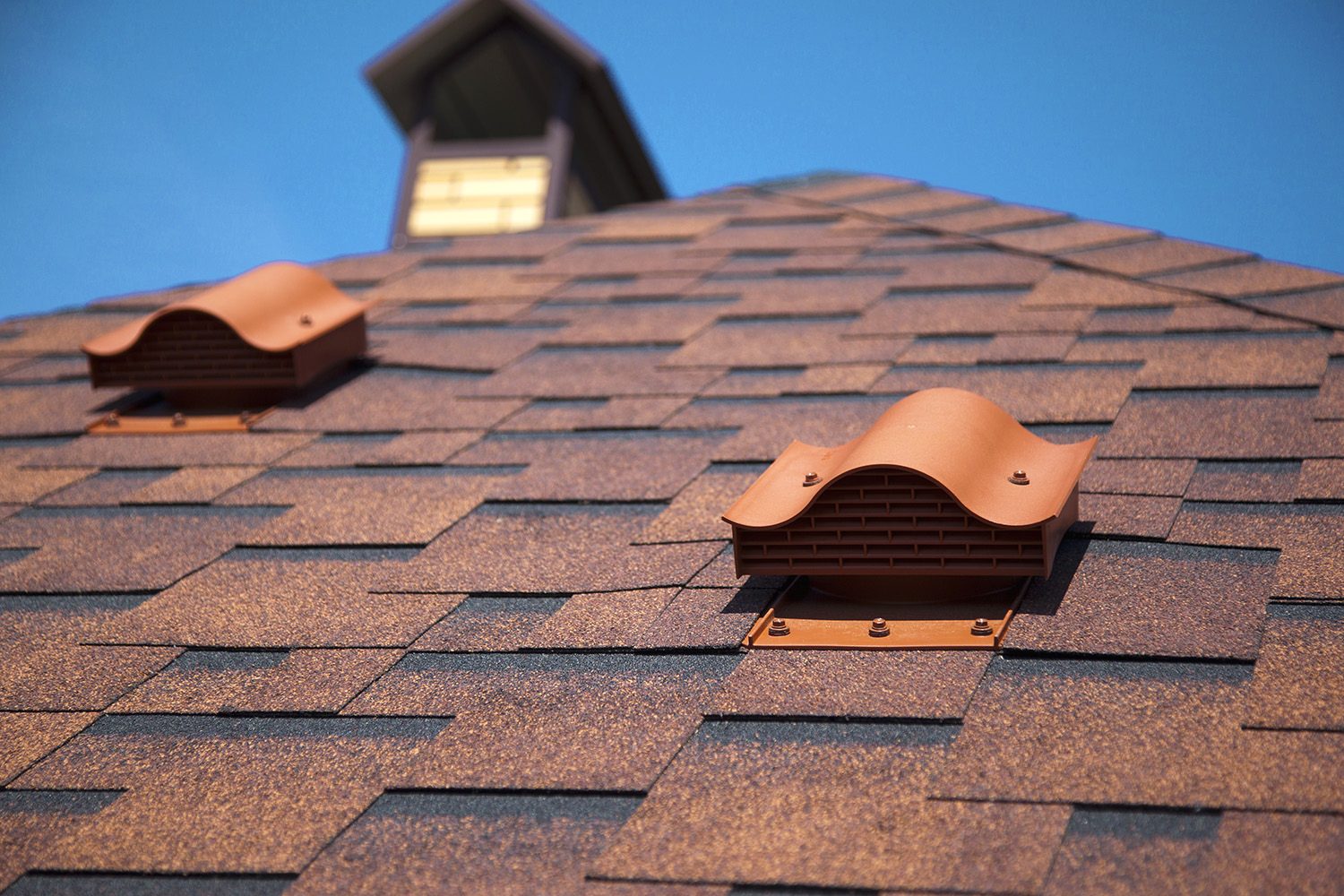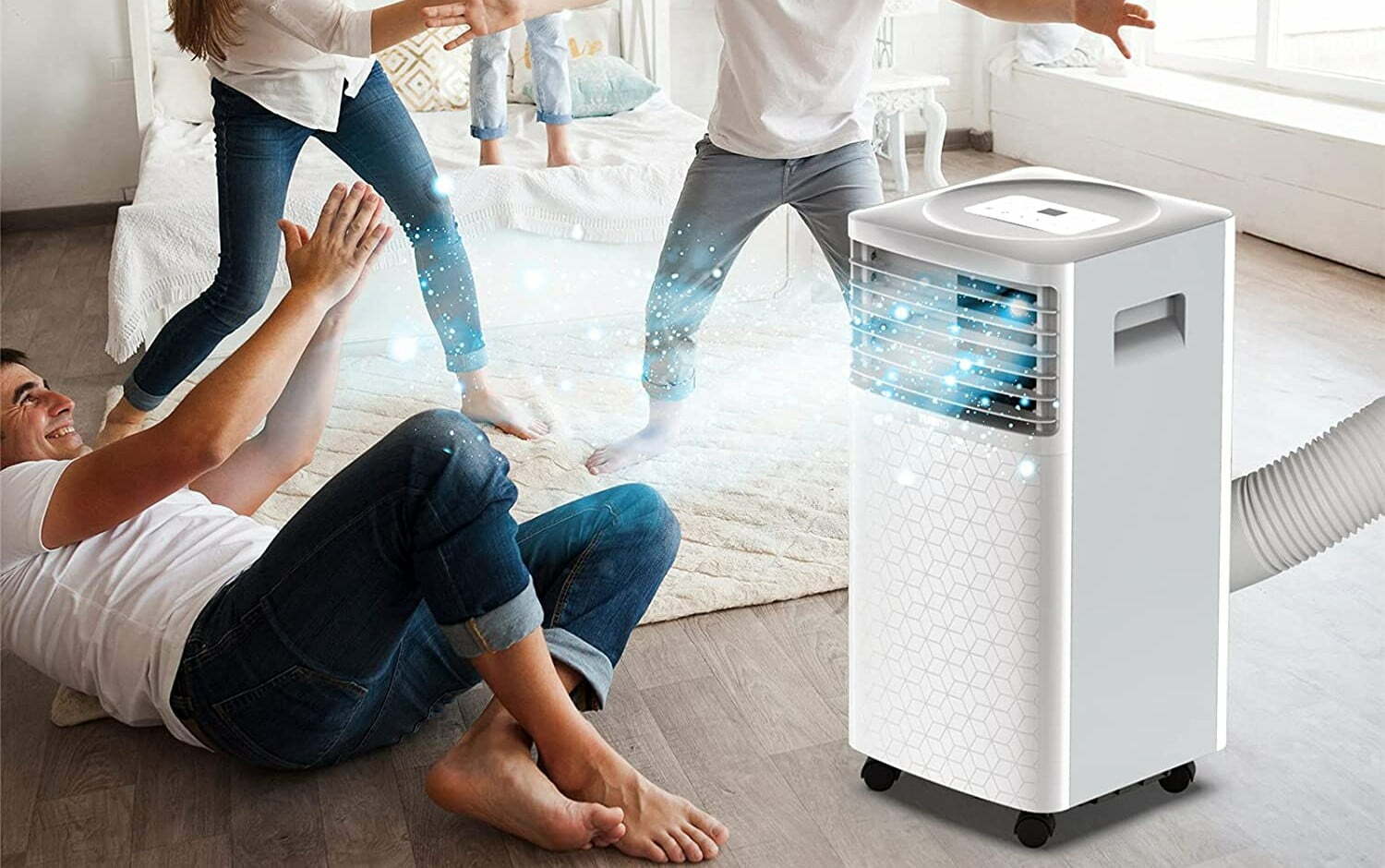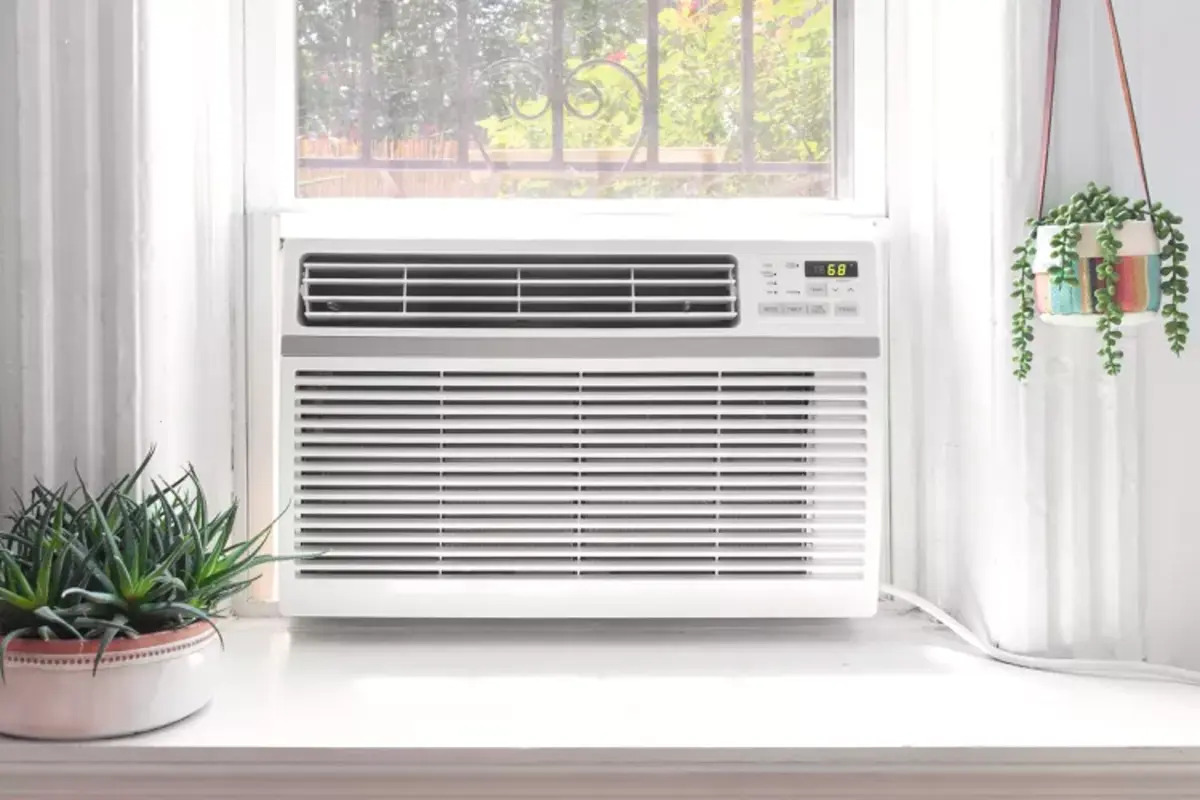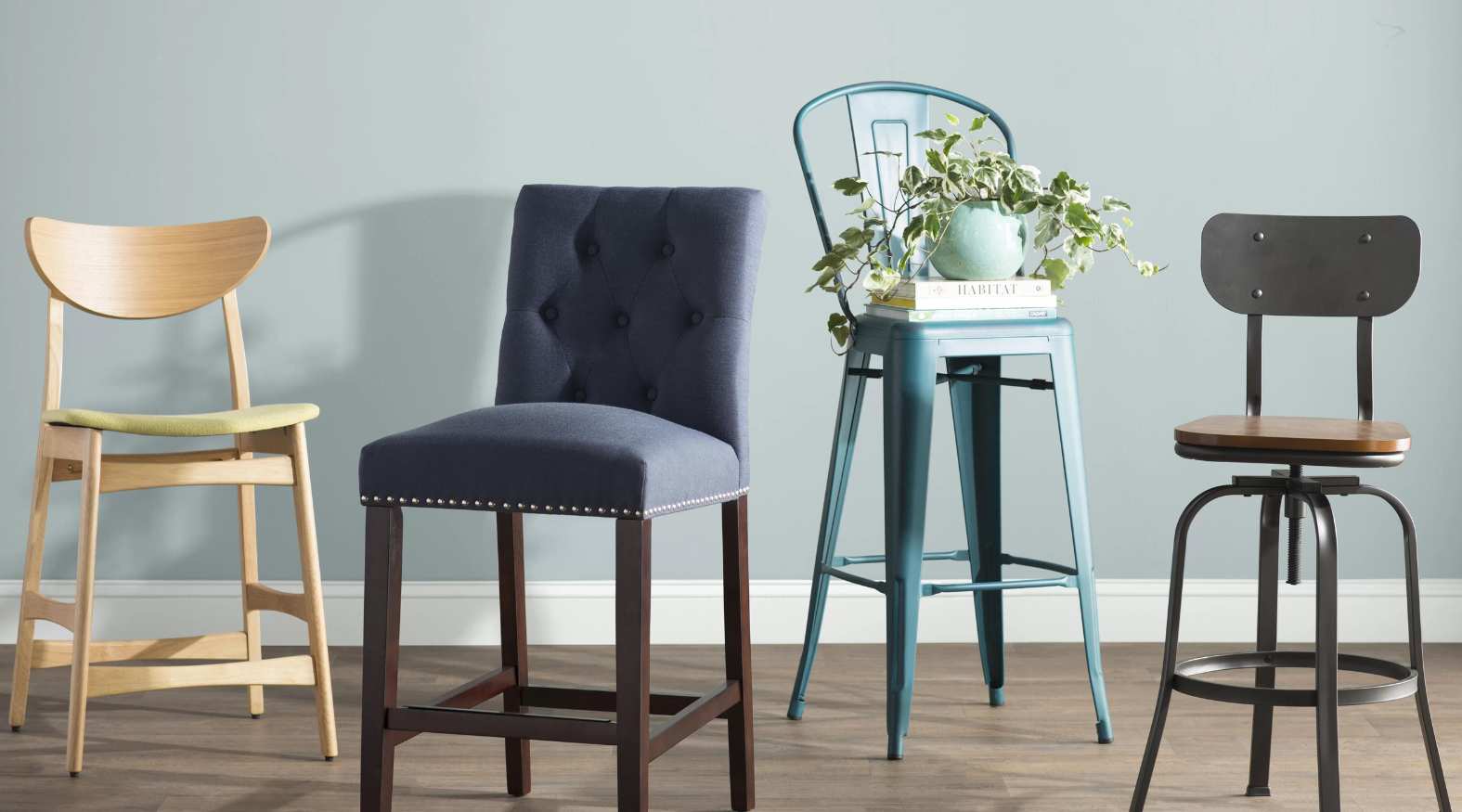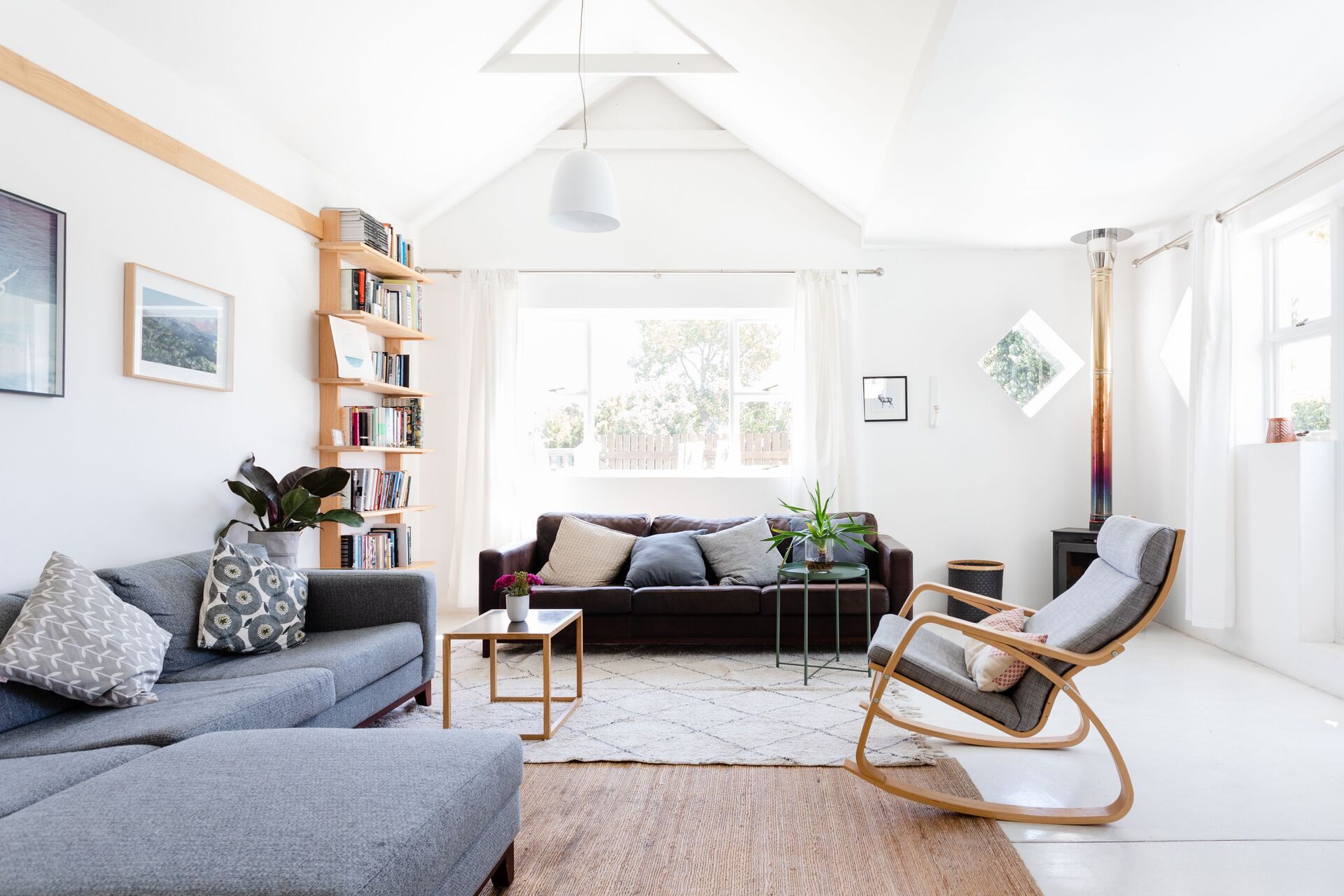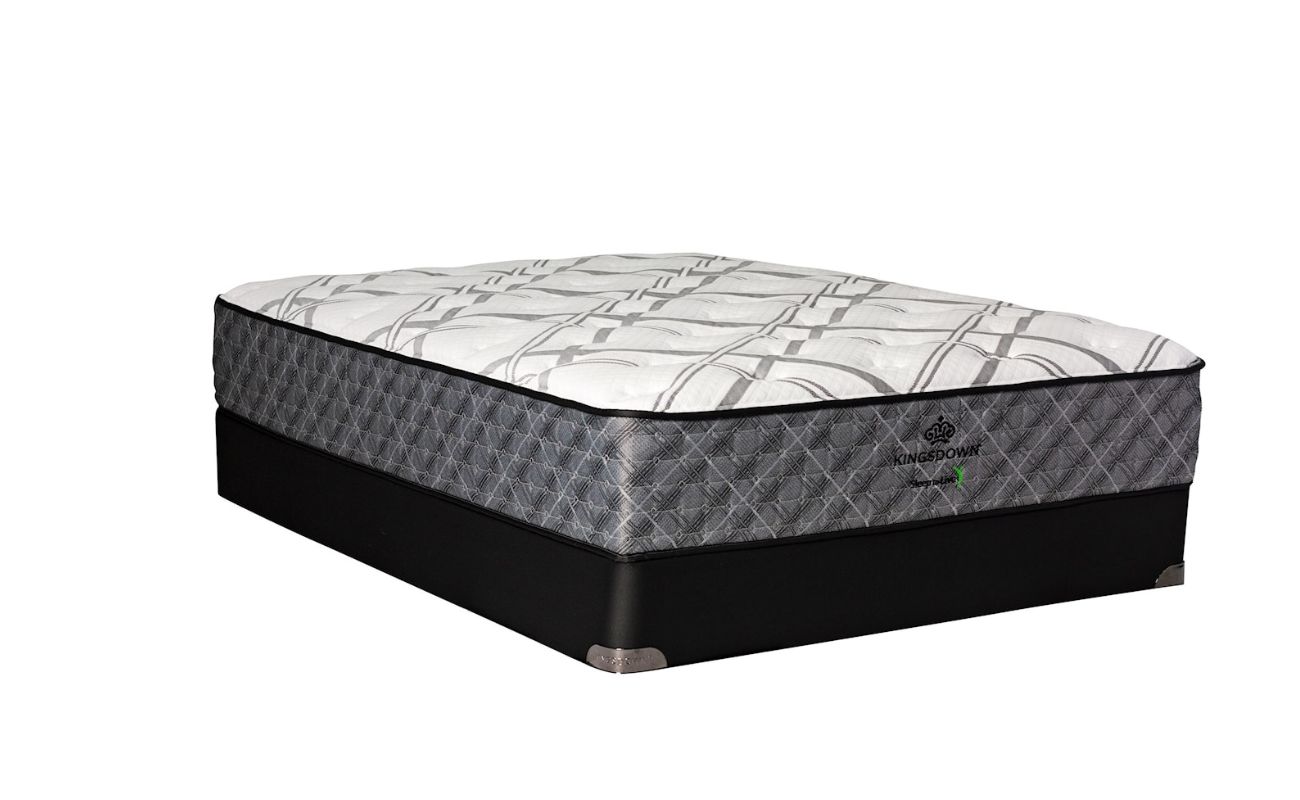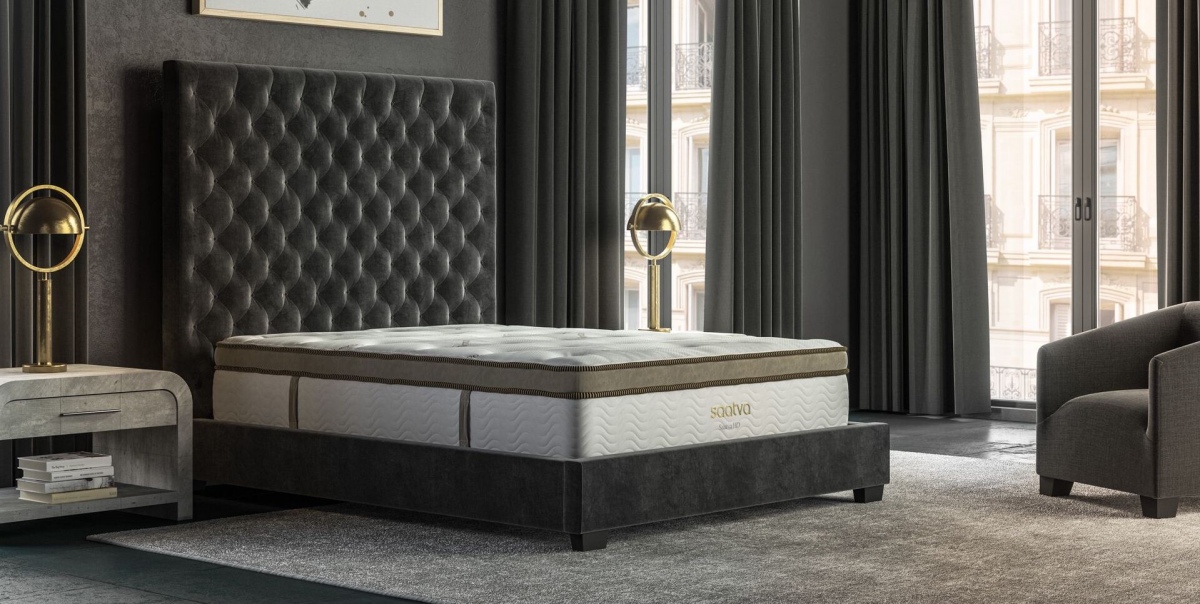Home>Home Maintenance>How Many BTUs Should An Air Conditioner Have
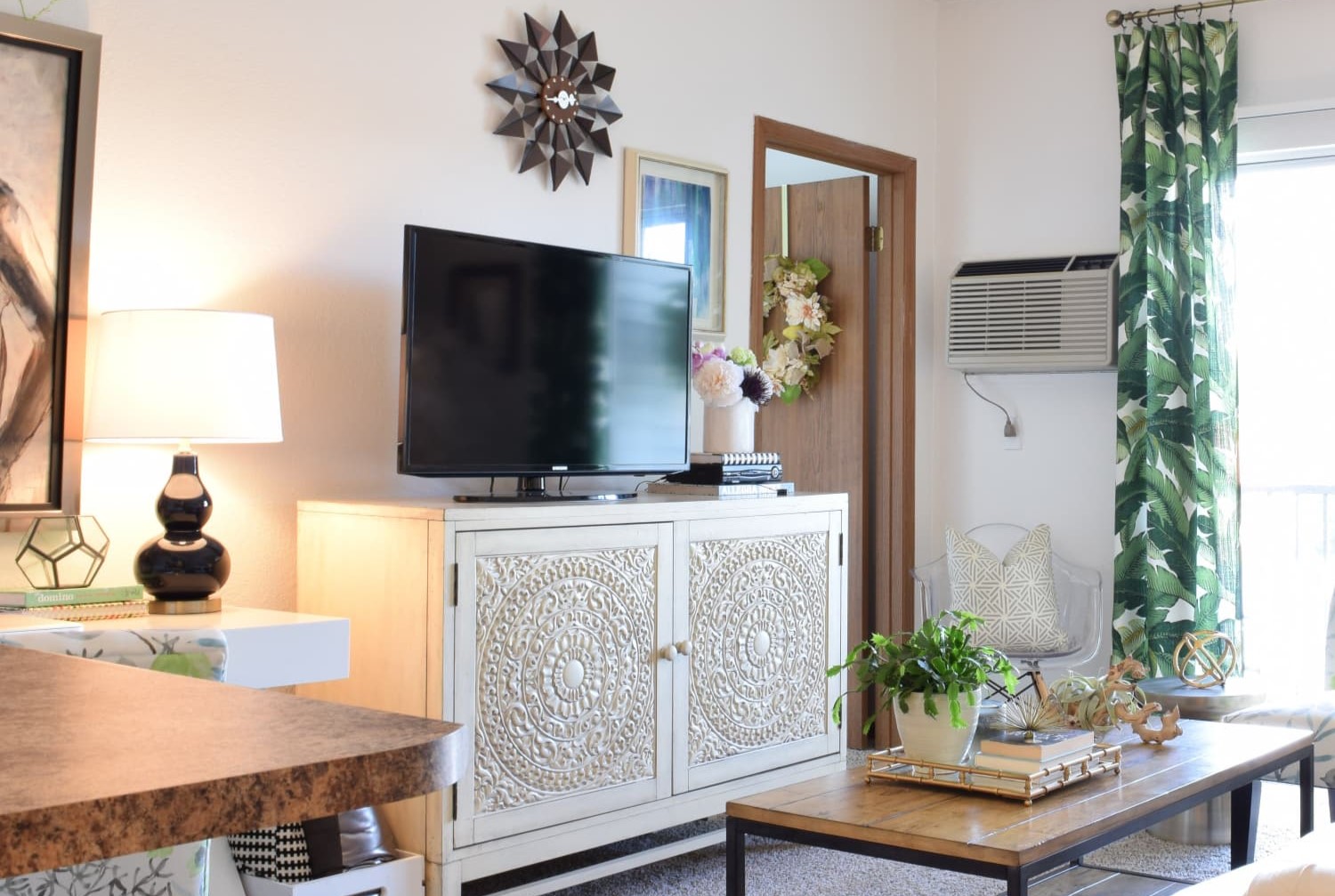

Home Maintenance
How Many BTUs Should An Air Conditioner Have
Modified: March 7, 2024
Find out the ideal BTU capacity for your home's air conditioner for maximum cooling efficiency. Expert advice on home maintenance at your fingertips.
(Many of the links in this article redirect to a specific reviewed product. Your purchase of these products through affiliate links helps to generate commission for Storables.com, at no extra cost. Learn more)
Introduction
Welcome to our guide on determining how many BTUs (British Thermal Units) your air conditioner should have. When it comes to choosing the right air conditioner for your space, it’s crucial to consider the BTU output. Understanding the concept of BTUs and how they relate to the size of your room will ensure optimal cooling and energy efficiency.
BTUs are a unit of measurement used to quantify the amount of heat energy that an air conditioner can remove from a space per hour. The higher the BTU rating, the more heat the unit can eliminate, resulting in a cooler environment. By selecting an air conditioner with an appropriate BTU rating, you can achieve the perfect balance of comfort and energy efficiency.
Before diving into the recommended BTU ratings for different room sizes, it’s important to note that several factors can influence the BTU requirements. Understanding and taking these factors into account will help you make a more accurate assessment of the cooling capacity you need.
One of the primary factors to consider is the climate and temperature variations in your area. If you live in a region with hot and humid summers, you may require a higher BTU rating than someone in a cooler climate. Similarly, if your area experiences significant temperature fluctuations, you may need a unit with a higher BTU rating to maintain consistent cooling.
The level of insulation in your room is another crucial consideration. Well-insulated rooms retain cool air more effectively, reducing the workload on your air conditioner. If your room has poor insulation or if it has multiple windows that allow heat transfer, you may need a higher BTU rating to compensate for the heat gain.
The number of occupants in the room also affects the BTU requirement. Each person in the room generates body heat, which increases the overall temperature. If you have a large family or frequently host gatherings, you may need an air conditioner with a higher BTU rating to accommodate the additional heat load.
Electronic devices and heat-generating appliances in the room contribute to the overall heat gain. Computers, televisions, and kitchen appliances emit heat, which can impact the cooling efficiency. If you have multiple heat-generating devices in your room, you may need a higher BTU rating to counteract the additional heat.
The amount of sunlight exposure your room receives also plays a role in the BTU calculation. Rooms with direct sunlight and large windows can experience significant heat gain. If your room is exposed to long periods of direct sunlight or has large windows, you may need an air conditioner with a higher BTU rating to offset the additional heat.
Now that we’ve covered the factors to consider let’s explore the recommended BTU ratings for different room sizes. Keep in mind that the following numbers are general guidelines, and individual circumstances may warrant adjustments to the recommended ratings. It’s always a good idea to consult with an HVAC professional for a precise assessment.
Key Takeaways:
- Choose the right BTU rating for your air conditioner based on room size, climate, insulation, and heat sources to ensure efficient cooling and energy savings.
- Consider factors like high ceilings, poor insulation, and excessive heat sources to adjust BTU recommendations for optimal comfort and cooling in your space.
Read more: How Many Btus Is A Car Air Conditioner
Understanding BTUs
Before we delve into determining the appropriate BTU rating for your air conditioner, let’s start by understanding what BTUs are and how they are measured. This knowledge will help you make an informed decision when selecting the right cooling capacity for your space.
BTUs, or British Thermal Units, are a unit of energy that represents the amount of heat required to raise the temperature of one pound of water by one degree Fahrenheit. In the context of air conditioning, BTUs are used to measure the cooling capacity of an air conditioner – the higher the BTU rating, the more it can cool a room.
To measure the BTU output of an air conditioner, manufacturers use standardized testing procedures. In these tests, the air conditioner operates under specific conditions to determine the cooling capacity accurately. The BTU rating listed on the air conditioner represents the maximum amount of heat the unit can remove from the room per hour.
The correct BTU rating is crucial to ensure efficient cooling and avoid excessive energy consumption. Choosing an air conditioner with too low a BTU rating for the room size will result in inadequate cooling and the unit constantly running at maximum capacity, increasing energy usage and wear and tear on the system.
On the other hand, selecting an air conditioner with too high a BTU rating for your room can lead to inefficient cooling, excessive humidity, and higher energy bills. An oversized air conditioner will cool the room quickly and reach the desired temperature, but it won’t have enough running time to dehumidify the air properly. This can result in a clammy and uncomfortable indoor environment.
Matching the BTU output to the room size ensures that your air conditioner operates optimally, maintaining a comfortable temperature while efficiently removing humidity from the air. It’s essential to strike the right balance to enjoy the benefits of a well-cooled space without wasting energy or sacrificing indoor comfort.
In the next section, we will discuss the various factors you should consider to accurately determine the appropriate BTU rating for your specific room size and conditions.
Factors to Consider
When determining the correct BTU rating for your air conditioner, you need to take several factors into consideration. These factors will help you ensure that your cooling system is efficient and capable of providing optimal comfort for your space.
Climate and temperature variations: The climate in which you live plays a crucial role in determining the BTU rating you need. If you reside in a region with hot and humid summers, you will require a higher BTU rating to combat the intense heat. Similarly, if your area experiences significant temperature variations throughout the year, it may be necessary to select an air conditioner with a higher BTU rating to handle both extreme heat and cold.
Room insulation: The insulation of your room affects the BTU requirements. Well-insulated rooms retain cool air more effectively, allowing your air conditioner to operate more efficiently. On the other hand, poorly insulated rooms result in heat transfer, requiring a higher BTU rating to compensate for the heat gain. Ensure that your room is properly insulated to maximize the cooling potential of your air conditioner.
Number of occupants: The number of people occupying a room also influences the BTU calculation. Each person generates body heat, which contributes to the overall temperature. If you have a large family or frequently host gatherings, you may need an air conditioner with a higher BTU rating to offset the additional heat load created by more occupants.
Heat-generating appliances and electronics: Any heat-generating appliances or electronics in the room will impact the BTU requirements. Computers, televisions, kitchen appliances, and even lighting fixtures emit heat, adding to the overall heat gain in the space. If your room contains several heat-generating devices, you may need a higher BTU rating to counteract the additional heat load.
Windows and sunlight exposure: The number of windows in your room and the amount of sunlight it receives can significantly affect the heat gain. Windows allow heat to enter from outside, making it necessary to account for this additional heat load when determining the BTU rating. Rooms with extensive sun exposure or large windows may require an air conditioner with a higher BTU rating to offset the heat gain effectively.
Considering these factors will help you make a more accurate assessment of the BTU requirements for your air conditioner. Keep them in mind as we move forward in exploring the recommended BTU ratings for different room sizes.
The general rule of thumb is to have 20 BTUs per square foot of living space. So, for a 1,000 square foot area, you would need an air conditioner with 20,000 BTUs.
BTU Recommendations by Room Size
Now that we’ve covered the important factors to consider, let’s explore the recommended BTU ratings for different room sizes. These general guidelines will help you choose the appropriate cooling capacity for your specific space.
Small rooms (100 – 300 sq. ft.): For small rooms such as bedrooms, home offices, or small living spaces, a BTU rating of 5,000 – 7,000 BTUs should be sufficient. This range provides efficient cooling without overpowering the space.
Medium rooms (300 – 600 sq. ft.): Medium-sized rooms like larger bedrooms, average-sized living rooms, or studio apartments may require a higher BTU rating. In this case, a range of 7,000 – 10,000 BTUs is recommended to effectively cool the space.
Large rooms (600 – 1,000 sq. ft.): For larger rooms, such as master bedrooms, open-plan living areas, or small apartments, a BTU rating of 10,000 – 15,000 BTUs is typically suitable. This range provides sufficient cooling power for larger areas.
Extra-large rooms (1,000+ sq. ft.): If you have extra-large rooms or open-concept spaces, you may require a higher BTU rating. In this case, a range of 15,000+ BTUs is recommended to cool the space effectively and maintain a comfortable environment.
Commercial spaces: Commercial spaces, such as offices, retail stores, or restaurants, have unique requirements due to higher occupancy and heat-generating equipment. The BTU rating for commercial spaces varies significantly based on the specific needs and size of the area. It is recommended to consult with an HVAC professional to determine the appropriate BTU rating for commercial applications.
Remember that these are general recommendations and should be used as a starting point. Factors such as ceiling height, insulation, sun exposure, and the number of occupants may require adjustments to the BTU rating. Consulting with a professional HVAC technician can help ensure an accurate assessment for your specific needs.
Adjusting BTU Recommendations
While the previous section provided general BTU recommendations based on room size, there are certain scenarios where you may need to make adjustments to those recommendations. Factors such as high ceilings, poor insulation, and excessive heat sources can impact the cooling requirements of your space. Let’s explore how these factors influence BTU recommendations.
High ceilings: Rooms with high ceilings require additional cooling power. The air in these rooms tends to rise, creating a layer of warm air near the ceiling. To effectively cool such spaces, it is recommended to increase the BTU rating. You can add approximately 10% to the recommended BTU rating for rooms with ceiling heights over 10 feet.
Poor insulation: Rooms with poor insulation allow cool air to escape and warm air to enter, making it harder for the air conditioner to maintain a consistent temperature. If your room has inadequate insulation, you may need to increase the BTU rating to compensate for the additional heat gain. An HVAC technician can help assess the insulation quality and provide guidance on adjusting the BTU recommendations accordingly.
Excessive heat sources: Certain rooms may have excessive heat sources, such as kitchens with multiple cooking appliances or server rooms with high-powered equipment. These heat sources can significantly impact the cooling requirements. If your room has such heat-generating sources, it’s essential to consider the BTU output of these appliances and add it to the recommended BTU rating. This addition ensures that the air conditioner can effectively counteract the additional heat load.
By taking these factors into account and adjusting the BTU recommendations accordingly, you can ensure that your air conditioner is appropriately sized to handle the unique characteristics and conditions of your space. Consulting with a professional HVAC technician will provide valuable insights and expertise to accurately determine the adjusted BTU requirements.
Now that we have covered the factors to consider and how to adjust BTU recommendations, you are equipped with the knowledge to make an informed decision about the appropriate BTU rating for your air conditioner. Remember, it is always beneficial to consult with a professional to ensure the optimal cooling comfort and energy efficiency for your specific situation.
Read more: How Many BTUs Is My RV Air Conditioner
Conclusion
Choosing the right BTU rating for your air conditioner is crucial for optimal cooling efficiency and comfort in your home or office space. By considering factors such as room size, climate, insulation, occupancy, heat sources, and sunlight exposure, you can determine the appropriate BTU rating that meets your specific cooling needs.
Remember, it’s important to strike a balance when selecting the BTU rating. An undersized air conditioner will struggle to cool the room adequately, resulting in discomfort and excessive energy usage. Conversely, an oversized air conditioner may cool the room too quickly, leading to humidity issues and unnecessary energy consumption.
Refer to the BTU recommendations provided for different room sizes as a general guideline. However, be mindful of unique factors such as high ceilings, poor insulation, and excessive heat sources that may require adjusting the BTU rating accordingly.
Consulting with an HVAC professional can provide valuable insights and expertise in determining the optimal BTU rating for your unique circumstances. They can assess your space, consider all relevant factors, and recommend the right air conditioner with the appropriate BTU output.
Investing in an air conditioner with the right BTU rating not only ensures comfortable living or working conditions but can also lead to energy savings and improved overall efficiency. A properly sized air conditioner will cool your space efficiently, maintain a consistent temperature, and remove excess humidity, creating a comfortable and enjoyable environment.
As technology advances and energy efficiency becomes increasingly important, it is crucial to make informed decisions when choosing home appliances. By understanding BTUs and their significance in air conditioning systems, you can optimize your energy usage, reduce your carbon footprint, and ensure a comfortable and refreshing atmosphere in your space.
Choose the right BTU rating for your air conditioner and enjoy a cool and comfortable environment throughout the year!
Frequently Asked Questions about How Many BTUs Should An Air Conditioner Have
Was this page helpful?
At Storables.com, we guarantee accurate and reliable information. Our content, validated by Expert Board Contributors, is crafted following stringent Editorial Policies. We're committed to providing you with well-researched, expert-backed insights for all your informational needs.
